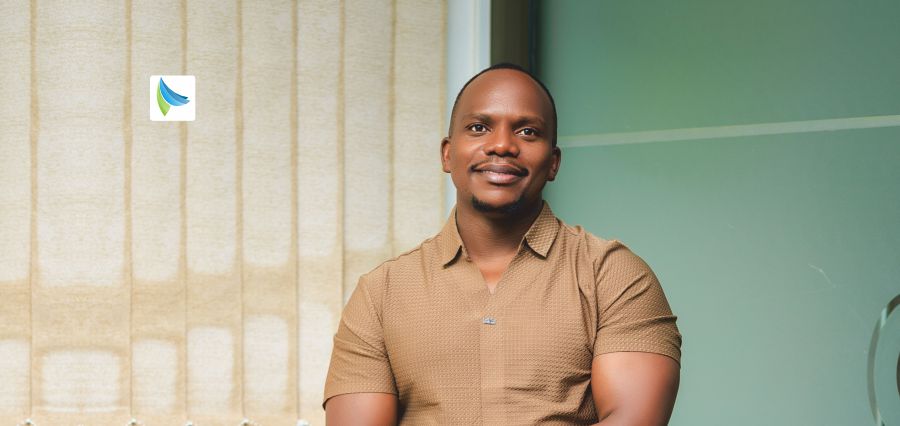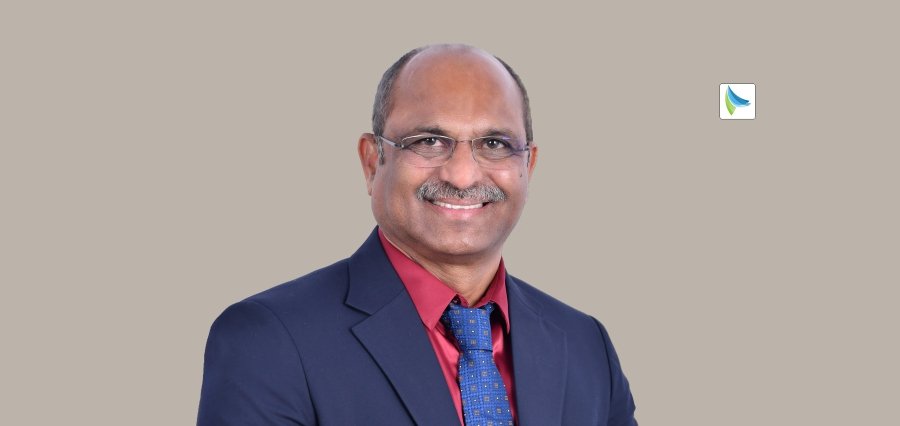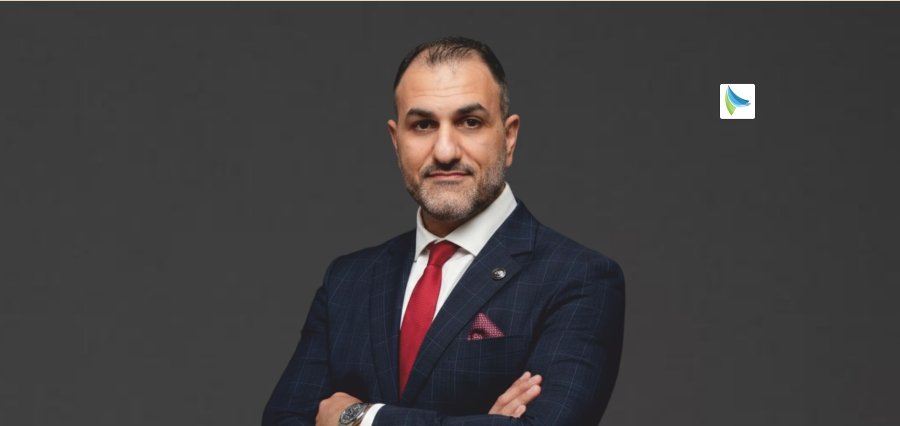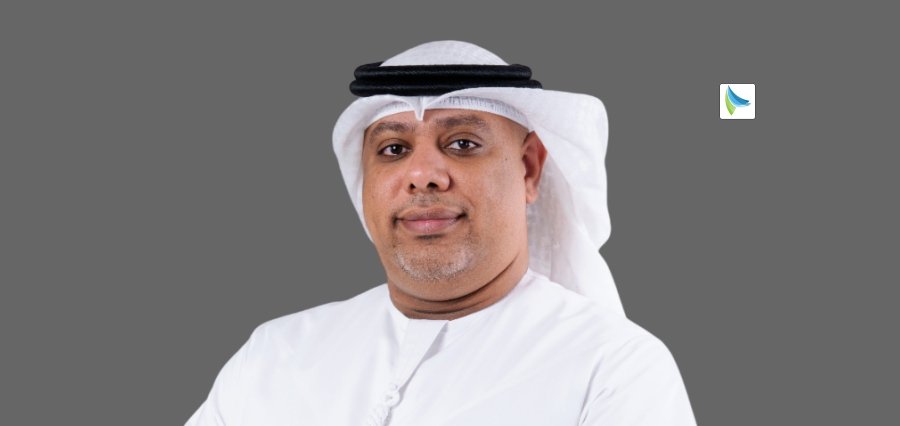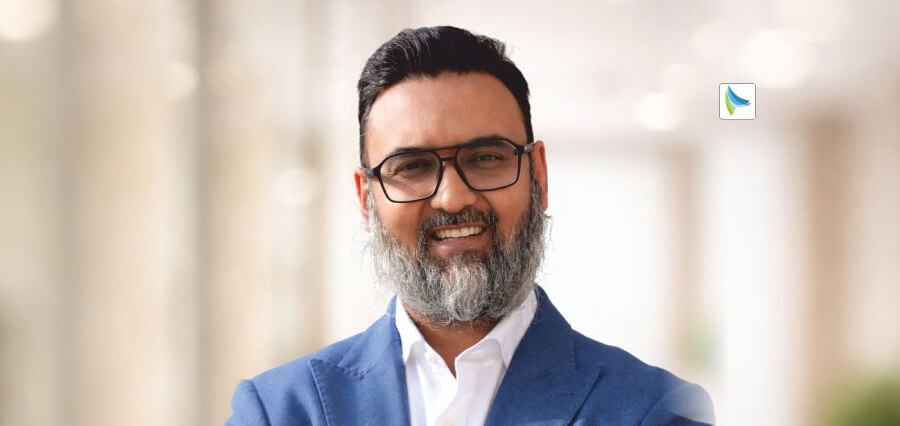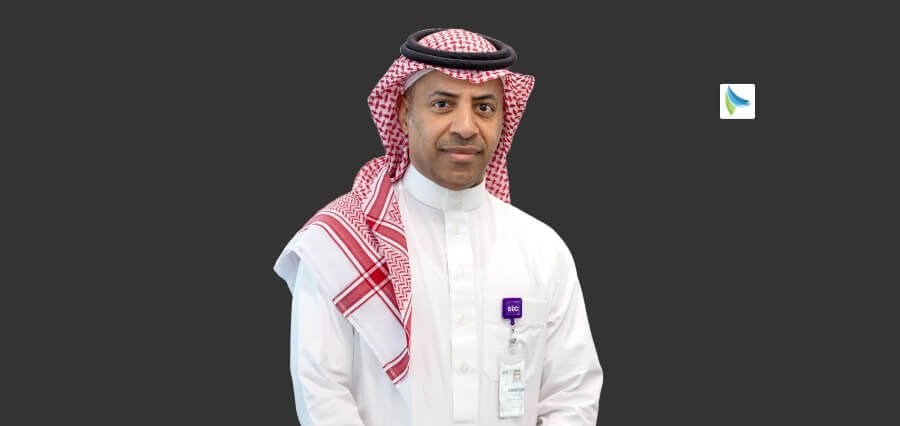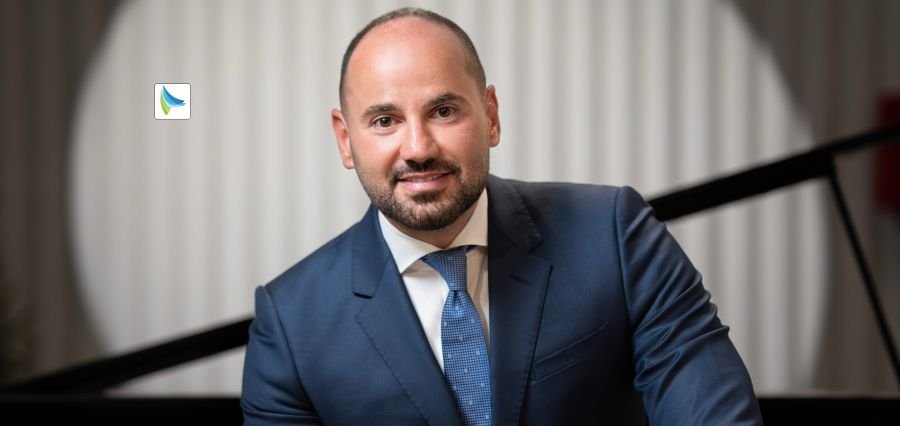A young lad witnessed his grandparent’s living life without financial safety which most human beings take for granted on peaceful Buvuma Islands in Uganda, where money availability had been an unattainable dream. David Opio Obwangamoi is today the visionary because of those early life lessons of resilience and marginalization. He is gnuGrid CRB Limited’s Executive Director and Founder at present, took those life lessons and used them as a template for the financial inclusion movement on the continent.
His path is a testament to purposeful leadership, not a tale of entrepreneurial success. He has constructed digital bridges that are connecting credit opportunities to millions of individuals, from the insight that rural communities are off the map to legacy banking systems to taking advantage of Uganda’s near-universal mobile penetration. His innovation is not just in technology but also in reframing dignity as inclusivity.
Outside the boardroom, he is also a youth advocate and a writer, taking the next generation to consider entrepreneurship as a means of difference-making and not just a means of making money. His message is straightforward: empathy and dedication to practical solutions are the components of purposeful creativity. Africa’s fintech future has a builder and keeper in Opio, who is driving the continent towards believing in what can be.
The Genesis of a Digital Revolutionary
David Opio Obwangamoi’s journey began in circumstances that would have deterred many entrepreneurs. Raised by his grandparents on Buvuma Islands, he witnessed firsthand how geographic isolation compounds financial exclusion. “I saw the daily struggles my grandparents faced just to obtain basic resources necessary for their well-being.” he recalls, his voice carrying the weight of those formative experiences.
The islands, disconnected from essential services including healthcare, transportation, and crucially, financial access, became his laboratory for understanding systemic inequality. What struck him most wasn’t just the absence of banks or ATMs, it was how his grandparents’ financial behaviors, their small savings, their community lending circles, remained completely undocumented. They existed in a parallel economy, invisible to credit providers despite decades of financial responsibility.
This invisibility, David Opio Obwangamoi realized, wasn’t unique to his family. Across Uganda, over 85 percent of the population lacks formal access to financial services, not due to inability to repay loans, but because their financial footprints simply don’t exist in formats that traditional lenders recognize.
“Even when they engaged with financial institutions, their profiles remained undocumented in any digital format, leaving them invisible to credit providers.” he explains. This observation would later become the cornerstone of gnuGrid CRB’s revolutionary approach to credit scoring.
Building Digital Bridges in a Mobile-First World
Recognizing that Uganda’s mobile phone penetration had reached 97 percent creating a digital highway that extended far beyond traditional banking infrastructure David Opio Obwangamoi saw an unprecedented opportunity. If rural communities couldn’t come to financial services, perhaps financial services could reach them through the devices already in their pockets.
gnuGrid CRB’s breakthrough innovation lies in transforming everyday mobile behaviors into creditworthiness indicators. Through partnerships with telecommunications giants like Airtel Money, the platform analyzes over 400 behavioral data points from airtime usage patterns to mobile money transaction histories creating comprehensive credit profiles for users who have never set foot in a bank.
“We launched Uganda’s first mobile credit score, accessible via USSD codes on feature phones.” he notes with evident pride. This accessibility focus ensures that even smartphone-less users can participate in the digital financial ecosystem, a crucial consideration in communities where feature phones remain the primary communication tool.
The impact has been transformative. Today, more than 15 million Airtel Money customers can access their credit scores through simple USSD commands or WhatsApp chatbots, democratizing financial information that was previously available only to the formally banked.
The AI Revolution Meets African Reality
At the heart of gnuGrid CRB’s operations lies an AI-powered credit decision engine that processes over one million credit applications daily. But this isn’t artificial intelligence for its own sake, it’s AI designed specifically for African contexts, trained on alternative data sources that reflect how people actually manage money in rural and peri-urban communities.
The system’s sophistication lies in its simplicity for end users. While complex algorithms analyze behavioral patterns, transaction frequencies, and social network indicators behind the scenes, users experience a straightforward process: check eligibility, receive personalized credit limits, and access loans directly from mobile phones.
“Our AI-powered credit decision engine dynamically calculates personalized credit limits based on mobile credit scores and user behavior. By segmenting customers accurately and automating loan approvals, we enhance transparency, affordability, and trust.” he explains.
This technological approach has enabled gnuGrid CRB to serve communities that traditional banks deemed too risky or unprofitable, proving that with the right data analysis, previously “unbackable” populations represent viable markets.
Ethics in the Algorithm Age
As Africa’s digital transformation accelerates, questions of data privacy and algorithmic bias become increasingly critical. For David Opio Obwangamoi, these concerns aren’t afterthoughts, they’re fundamental to gnuGrid CRB’s mission. Having grown up in communities where trust is earned through relationships and demonstrated reliability, he understands that technology alone cannot build confidence in digital systems.
“We follow data privacy by design, embedding strict protection standards into every layer of our technology. From consent-driven data collection to secure storage and processing, individuals maintain control over their personal information.” he emphasizes.
More importantly, gnuGrid CRB’s algorithms are continuously audited to prevent the perpetuation of existing biases. The goal isn’t simply to digitize traditional lending practices, but to create more equitable systems that expand rather than restrict access to financial services.
“Our credit scoring engine uses alternative data to unlock opportunities, not to reinforce exclusion.” he states firmly. This philosophy reflects a broader understanding that technology’s true value lies not in efficiency alone, but in its capacity to create more inclusive economic systems.
Scaling Beyond Borders
Having established gnuGrid CRB as a transformative force in Uganda’s financial landscape, David Opio Obwangamoi is setting his sights on continental expansion. His 2025 vision extends beyond national boundaries, positioning the platform as what he calls “the backbone of inclusive finance across Africa.”
This expansion strategy involves more than geographical replication. It requires building scalable architecture with multilingual interfaces and localized data models that respect the diverse contexts across African markets. Each new market presents unique regulatory environments, cultural norms, and economic realities that must be carefully navigated.
“We are upgrading our systems with scalable architecture, multilingual interfaces, and localized data models. We’re unlocking access to unsecured credit for millions who have long been excluded, while ensuring seamless integration with banks, regulators, and mobile money platforms across Africa.” he explains.
The expansion also involves strengthening ecosystem partnerships with mobile network operators, financial institutions, and regulatory bodies that are crucial for building trust and ensuring sustainable growth across diverse markets.
Lessons for the Next Generation
When David Opio Obwangamoi speaks to aspiring entrepreneurs, his message transcends the typical startup advice. Drawing from his journey from rural isolation to digital leadership, he emphasizes the importance of building solutions that restore dignity rather than simply maximizing profits.
“Start with purpose, not just product. The most powerful innovations come from understanding real pain points and creating solutions that restore dignity, trust, and opportunity.” he advises
This philosophy reflects his belief that successful digital transformation requires deep community understanding rather than technology-first approaches. Solutions that work in well-connected urban environments may fail dramatically in contexts where connectivity is intermittent and digital literacy varies widely.
“Build for the last mile, not just the urban core. True change reaches the remote customer. If it works in a village with limited connectivity, it can scale anywhere.” he emphasizes.
The Future of African Fintech
As gnuGrid CRB processes millions of transactions daily and serves communities across Uganda’s most remote regions, David Opio Obwangamoi sees his work as part of a broader transformation reshaping Africa’s economic landscape. The success of mobile-first financial solutions demonstrates that technological leapfrogging isn’t just possible, it’s happening on an unprecedented scale.
Yet he remains grounded in the realities of the communities he is serving. Innovation, in his view, must be measured by impact rather than technological sophistication. The true test of gnuGrid CRB’s success isn’t the complexity of its algorithms, but whether a grandmother in rural Uganda can access credit to expand her small business or weather an unexpected financial emergency.
“We don’t chase trends, we cultivate foresight. We are building a team that is technically sharp, socially aware, and relentlessly committed to transforming financial access across East Africa.” he reflects.
As Africa’s digital economy continues evolving, leaders like David Opio Obwangamoi represent a new generation of entrepreneurs who understand that technology’s greatest power lies not in disruption for its own sake, but in its capacity to include those who have been systematically excluded. His journey from Buvuma Islands to continental financial inclusion serves as both inspiration and blueprint for others seeking to drive meaningful change in their communities.
In a world where digital transformation often widens rather than narrows inequality gaps, gnuGrid CRB’s approach offers a different model one where innovation serves inclusion, where algorithms amplify opportunity, and where the last shall indeed be first in line for financial services.






